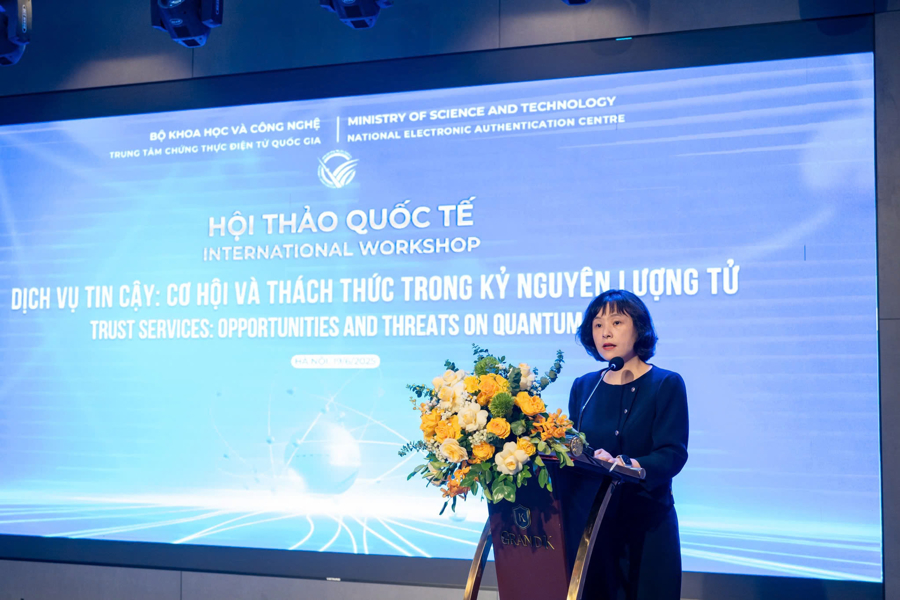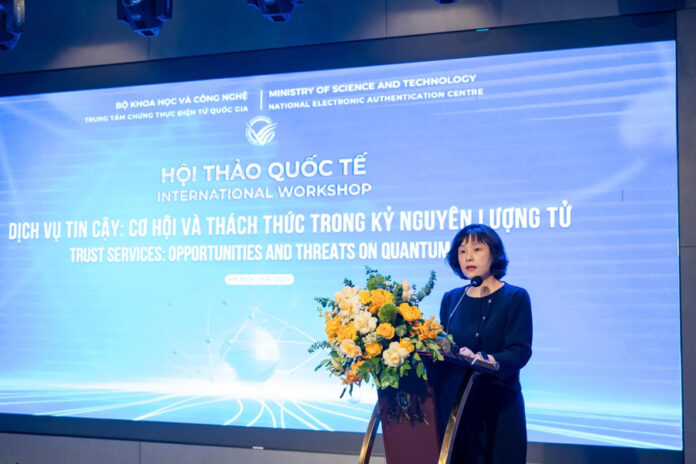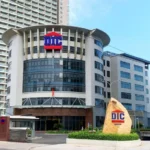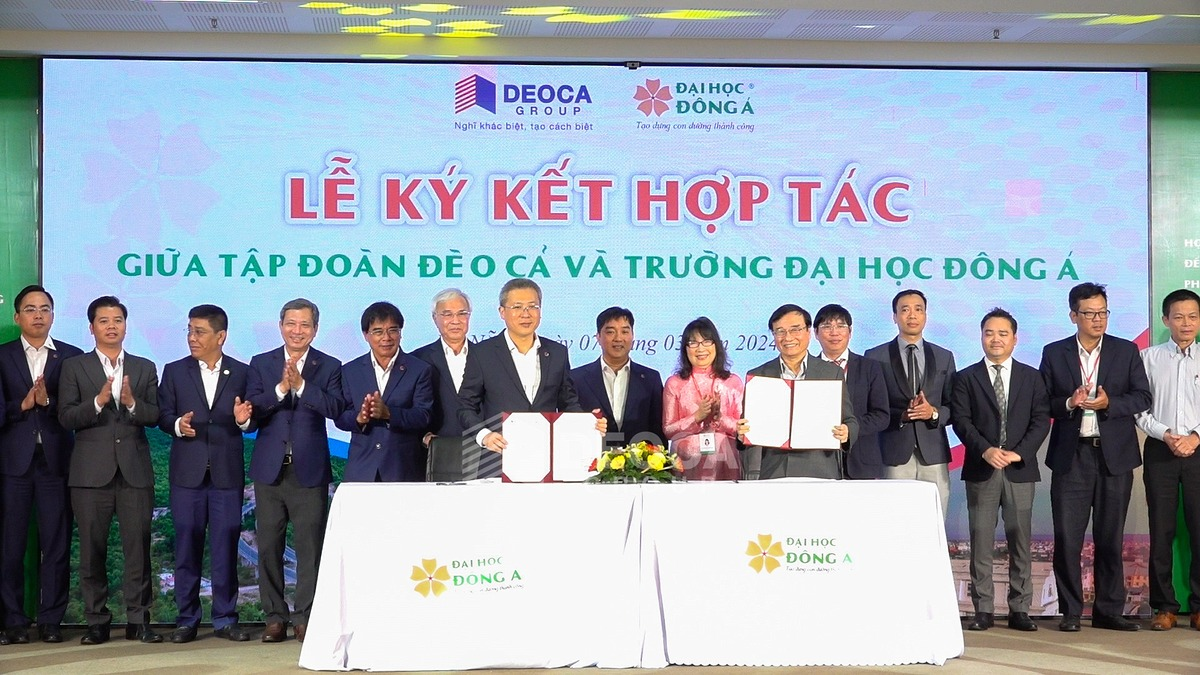On June 19, in Hanoi, the National Electronic Authentication Center (NEAC) hosted an international workshop on Trusted Services, themed “Opportunities and Challenges in the Quantum Era.”
This specialized forum aimed to raise awareness among agencies, organizations, businesses, and experts about the risks and challenges posed by the quantum era to electronic authentication and security.
The workshop also provided updates on the latest legal policies and international technical standards set by the European Union (EU), along with trends in deploying modern, cross-border trusted services models that ensure safety, compliance, and adherence to international standards. By doing so, it promoted experience sharing among domestic and international countries, organizations, and enterprises, fostering cooperation and the synchronous development of trusted services infrastructure in Vietnam.
The event gathered policymakers, technology experts, certification organizations, businesses, and international partners to discuss, exchange solutions, and establish a common vision for a reliable foundation in the digital future.

According to experts, trusted services are a new concept in Vietnam’s legal framework, officially stipulated in the Law on Electronic Transactions of 2023 and detailed in Decree 23/2025/ND-CP. These trusted services in electronic transactions are provided by service providers through the network environment to verify and authenticate reliability.
The addition of two new service types, message data authentication and time stamping, as per the new Decree 23/2025/ND-CP, marks the completion of Vietnam’s reliable infrastructure, aligning with international practices and contributing to legal trust in digital transactions across all spheres of socio-economic life.
Decree No. 23/2025/ND-CP on Digital Signatures and Trusted Services provides comprehensive regulations for three types of trusted services: public key infrastructure (PKI) digital signature certification services, time-stamping services, and message data authentication services. It also outlines licensing conditions, obligations of service providers, and a 10-year validity period for trusted service business licenses. The decree came into effect in April 2025.
Ms. To Thi Thu Huong, Director of NEAC, emphasized, “In the era of data as the new resource and prevalent digital transactions, ensuring digital trust is a prerequisite. In Vietnam, we recognize that digital signatures and trusted services are not just technical tools but the foundation for ensuring trust in electronic transactions, shaping the digital economy, digital government, and digital society,” she added.
As the national provider of electronic authentication services and the Root CA, NEAC actively collaborates with ministries, sectors, businesses, and international partners to promote the development and upgrading of technical standards for post-quantum algorithms, aligning with international roadmaps and recommendations from organizations like NIST, ETSI, and eIDAS 2.0…
Meanwhile, the National Electronic Authentication Center also encourages the application of blockchain technology in trusted services, especially decentralized signature models, immutable storage, and multi-dimensional authentication mechanisms, adhering to legal compliance and compatibility with the current PKI infrastructure.
To address the threats to information security in the context of quantum computing, Mr. Lai Seow Yong, Regional Technical Director for Asia-Pacific at Utimaco (Germany), discussed the risks of breaking current encryption systems by quantum computers and emphasized the urgency of researching, preparing, and transitioning to post-quantum cryptography (PQC) algorithms.
On a related note, representatives from Ascertia (UK) presented the electronic identification legal framework of the European Union – eIDAS 2.0, along with a vision for developing trusted services towards cross-border, transparent, and secure operations.
This serves as an important reference for Vietnam in upgrading its legal framework and deploying remote digital signature services integrated with the national electronic identification platform, such as VNeID.
Introducing the model for deploying digital signatures based on blockchain technology, Mr. Tran Dinh, Chairman of the Fintech and Web3 Application Committee under the Vietnam Blockchain Association, highlighted the potential of this technology for decentralized digital signature services, high expandability, and data immutability assurance.
According to the Chairman of the Fintech Application Committee of the Vietnam Blockchain Association, Vietnam’s Law on Notarization of 2024 stipulates electronic notarization, allowing the use of digital signatures, electronic time stamps, and digital platforms for notarized documents. Electronic notarization files have the same legal value as paper-based ones if they meet the conditions for storage, authentication, and retrieval as prescribed.
“Coinbase Unveils New Payment Platform, Ushering Stablecoins Into E-Commerce”
The potential application of this cryptocurrency could surpass traditional payment networks such as Visa Inc. and Mastercard Inc., as well as other online payment services. With its advanced technology and secure network, this cryptocurrency has the capacity to revolutionize the way we transact, offering a faster, more efficient, and secure alternative to traditional payment methods.
“The Tech Prodigy”: 13-Year-Old CEO Nguyễn Nam Long Speaks at Web3 Event Hosted by SSI Chairman
“On his personal page, SSI Chairman Nguyen Duy Hung announced an upcoming event, GM Vietnam 2025, to be held in Hanoi in August. Among the speakers, Mr. Hung introduced 13-year-old child CEO Nguyen Nam Long, hailing him as a ‘representative of the new generation of citizens in the era of Vietnam’s rise.’”











































